SUMMARY
This is AI generated summarization, which may have errors. For context, always refer to the full article.
![[Executive Edge] Crafting the right PH hostel culture](https://www.rappler.com/tachyon/r3-assets/D402EEF05F954745A5CA7D683E608E20/img/E386BD0D747F432896103BE618222D6D/9._MNL_Botique_Hostel.jpeg)
When most people plan on traveling, they usually think of staying in a hotel.
The problem with hotels, however, is that they are generally cordoned off from the cultures and communities in which they inhabit.
This issue has given rise to such platforms like Airbnb and Couchsurfing, which allow travelers to stay with local hosts.
Another alternative to the hotel, which predates even these digital platforms, is the hostel.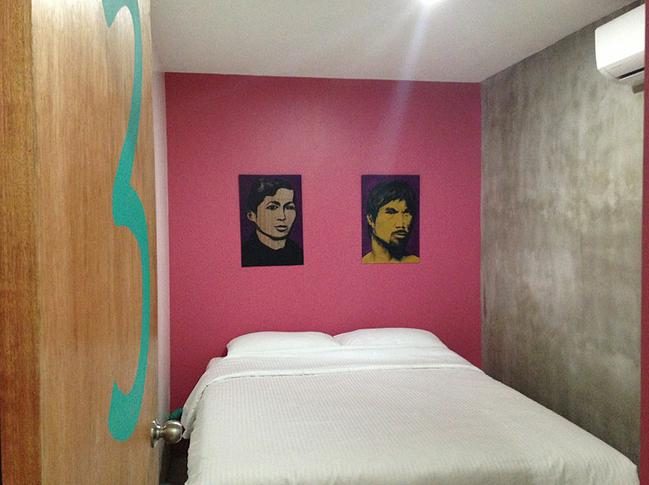
Gonzalo Santos, who co-owns MNL Boutique Hostel and MNL Beach Hostel Boracay, explained their differences.
“Hostels are different from hotels not just because they’re less expensive, but also because of that social aspect that brings travelers together, and local culture that is shared,” he said.
Creating interaction
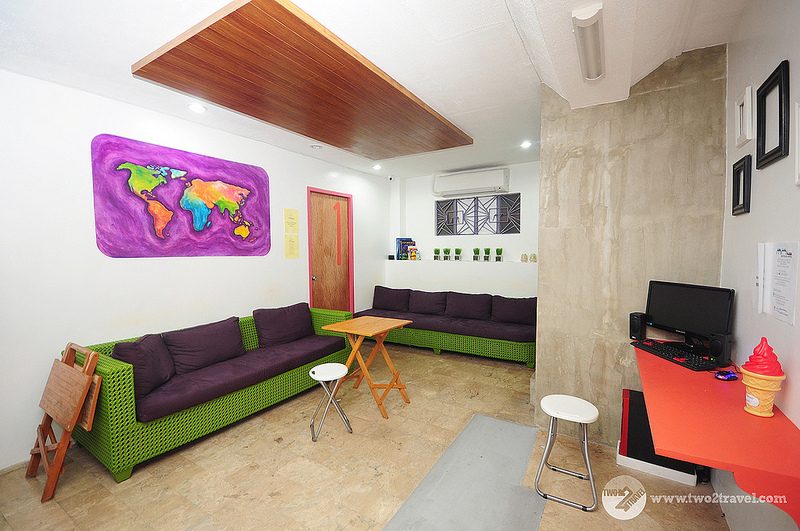
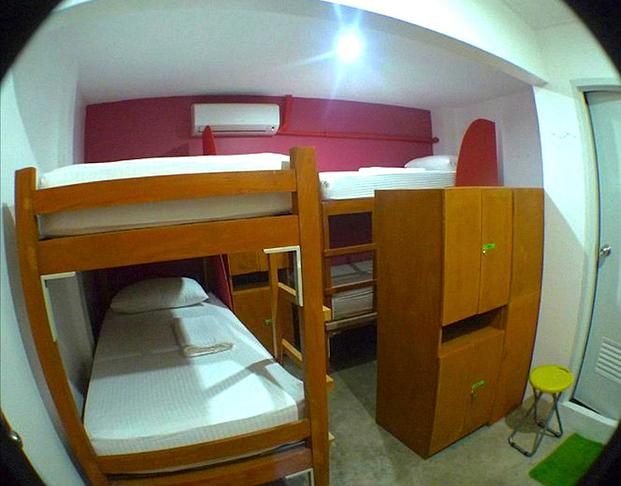
The physical layout of hostels is designed to facilitate such interaction. Apart from usually having dorm beds, there are shared bathrooms and common areas where fellow travelers can get to know one another.
And just who are these travelers? Santos describes their target demographic as the millennial backpackers and adventurers, which MNL reaches out to through online channels and by word-of-mouth.
These are mostly foreigners, but Santos has been delighted to see more local Filipino travelers trying out their hostels as well.
No matter where they come from, these travelers are all united in what they expect out of their hostel experience. Santos said that they want more than just a place to stay – they are almost exclusively concerned with the social experiences they have while traveling and their interactions with like-minded people and the local culture.
Even for a hostel, which is designed to facilitate just this, the pressure to cater to experiential expectations can be tough. To make do, some element of social engineering is involved. The MNL team is trained to create the shareable experiences that travelers seek like in-house events and crafted tours.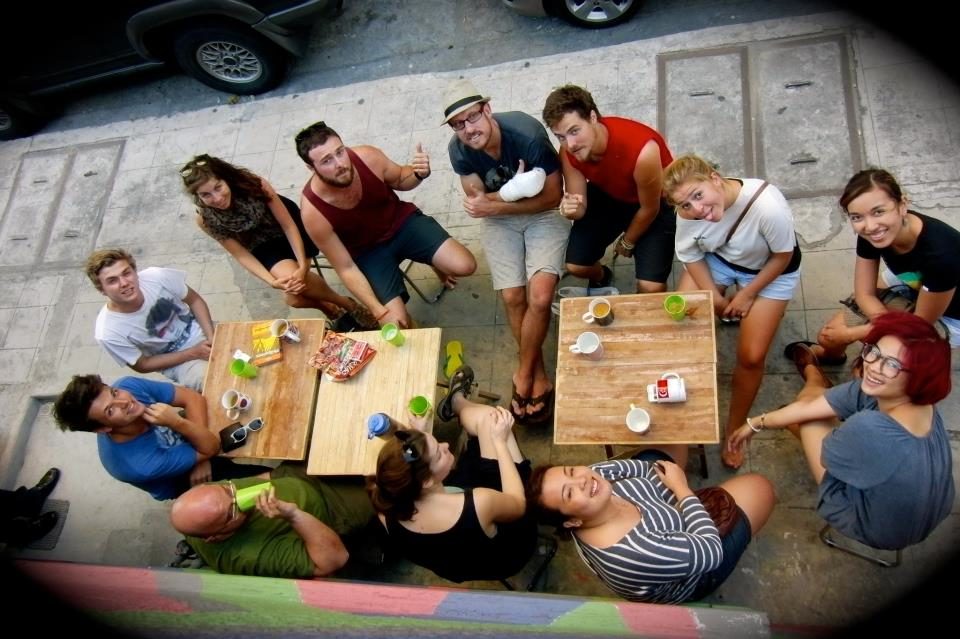
Promoting responsible tourism
The hostel staff also must serve as de facto ambassadors for the Philippines, and this is precisely why Santos and the MNL team started these hostels in the first place.
“We saw that there was great potential in the Philippines for this type of accommodation, allowing us to be more budget-friendly while showcasing world famous Filipino beauty and hospitality,” Santos said.
He added that all of the co-owners have a passion for traveling and a fondness for the social atmosphere of hostels around the world.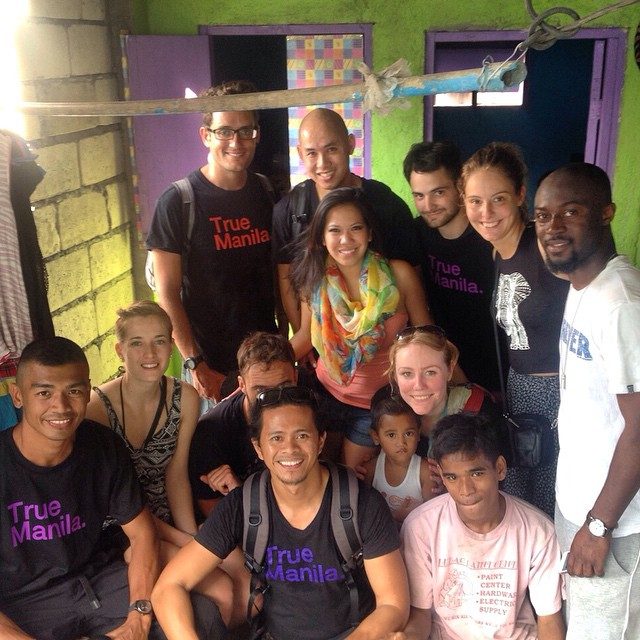
The MNL team is trained to provide guests with mindful information about travel destinations nearby and around the Philippines. While they are happy to suggest universally appealing places like Banaue, Boracay or Palawan, many of their tips and recommendations are based on the interests of the given travelers.
Some of these suggestions may be off-the-beaten-path. “We make sure to showcase a city or island of the month that is not as popular as the rest but still has great sights and potentials,” Santos said.
The locale-of-the-month feature represents a concerted effort from MNL to bring tourism to all islands in the Philippines, even if they may not be as readily accessible as more popular tourist destinations.
To aid in this mission, MNL has also partnered with a variety of local service providers such as crafted guided tours. “All this with the warmth and charm that Filipinos are known for,” Santos said.
Yet the MNL team does not simply give travelers a recommendation and send them on their merry way. They promote responsible tourism. As an example, they take a strong stand against the sex tourism that the Philippines is associated with.
MNL also supports natural tourism practices. They are against the overfeeding of whale sharks in Oslob, for example.
Even within these ethical guidelines, Santos finds that there is still a wealth of destinations to recommend and share. “There is too much in nature, art, food, and other activities to discuss,” Santos said. To him, the only actual constraint is how much time a traveler has to spend in the Philippines.
Building the right culture
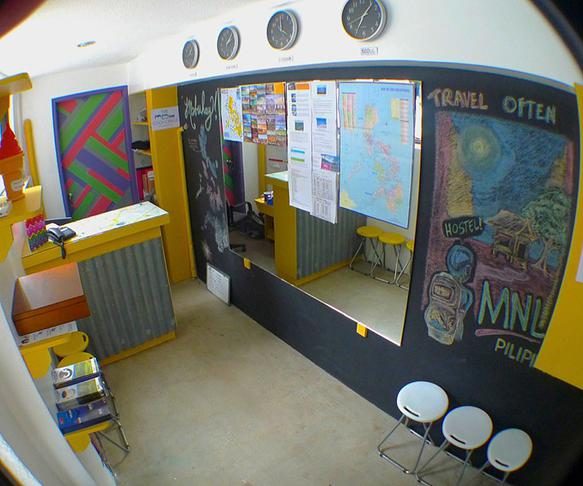
Being in the hospitality industry, MNL has to contend with seasonality.
While Santos said that much of this can be anticipated, there are some unforeseen circumstances, such as the China travel ban or local typhoons that can significantly affect their occupancy.
MNL also has to deal with other Philippine hostels, which Santos said have grown exponentially in number. Though he sees this explosion as beneficial to Philippine travelers and the country as a whole, he is still committed to keeping MNL a market leader.
“We stay ahead by innovating the hostel further, giving the travelers even more value by enhancing the guest experience, and partnering with some of the neighboring hostels,” he said.
MNL will ultimately succeed depending on how well it can craft and curate the hostel culture that travelers have come to expect.
“Ideally it’s the culture of having that love for travel and the Philippines, and sharing that with each other,” he said. “This, while doing it responsibly and knowing how to do it for less.” – Rappler.com Rappler Business columnist Ezra Ferraz is also the chief content officer at ZipMatch, a tech company backed by Ideaspace Foundation, Hatchd Digital, IMJ Investment Partners, and 500 Startups. He brings you Philippine business leaders, their insights, and their secrets via Executive Edge. Connect with him on Twitter: @EzraFerraz
Rappler Business columnist Ezra Ferraz is also the chief content officer at ZipMatch, a tech company backed by Ideaspace Foundation, Hatchd Digital, IMJ Investment Partners, and 500 Startups. He brings you Philippine business leaders, their insights, and their secrets via Executive Edge. Connect with him on Twitter: @EzraFerraz
Add a comment
How does this make you feel?
There are no comments yet. Add your comment to start the conversation.